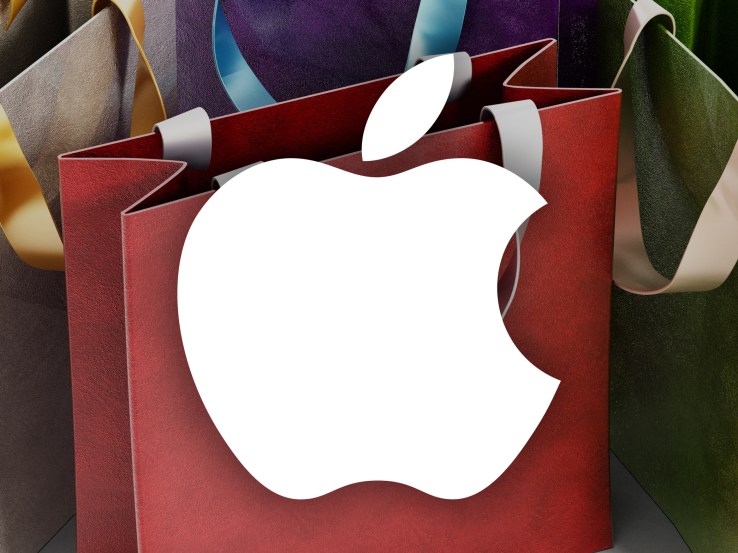
Chinese consumers will have access to Apple Pay soon, after Apple struck a partnership with China UnionPay, the government-approved organization that is the only bank card issuer in the country. Apple Pay will be available early next year after it passes regulatory tests.
Apple made its announcement the same day rival Samsung said it will work with UnionPay to promote Samsung Pay in China.
Apple did not reveal exactly when Apple Pay will be launched in China, but an earlier report by Dow Jones says February.
China is already Apple’s second-largest market after the U.S. (its revenue there jumped an impressive 99 percent to $12.51 billion in last reported quarter). Combined with China UnionPay’s 260 million customers, Apple Pay will launch with an impressively large network of potential users–but this doesn’t ensure its success.
Competing mobile payment services include Alibaba’s Alipay and Tencent’s WePay, which is available through WeChat (China’s most popular messaging app). Both are already widely used for both online and offline purchases. In fact, Tim Cook reportedly met with Alibaba founder and chairman Jack Ma last year to discuss integrating Apple Pay with Alipay.
If a partnership does happen, it would give Apple Pay a significant boost in China because Alipay has about 350 million users, but there have been no announcements since Cook and Ma supposedly met last year.
A statement released by Apple says that China UnionPay cardholders who own an iPhone, iPad, or Apple Watch will be able to connect their devices to Apple Pay through China UnionPay QuickPass, which already enable contactless payments with credit cards.
Though both companies enjoy a high-profile in China, China UnionPay won’t rely on Apple or Samsung to build its mobile payments strategy. For example, it plans to expand QuickPass to create bank card alternatives, including wearable devices that store encrypted financial information. Earlier this week, its subsidiary UnionPay Network Payment also announced a 10-year-long joint venture with London-based mobile commerce company Powa to launch PowaTag UnionPay. The platform, which lets customers pay for in-store purchases with the PowaTag app, will be customized for China, and UnionPay Network Payment hopes to reach 50 million users there within a year of its launch.
These services will be competitors to Apple Pay, but they can also eventually be integrated.
In a media statement, Eddy Cue, Apple’s vice president of Internet software and services, said “Apple Pay has revolutionized the way millions of people pay every day with their iPhone, Apple Watch and iPad. China is an extremely important market for Apple and with China UnionPay and support from 15 of China’s leading banks, users will soon have a convenient, private and secure payment experience.”
Apple Pay is currently available in the U.S., UK, Canada, and Australia. In addition to China, it will also roll out next year to users in Spain, Singapore, and Hong Kong.

Comments
Post a Comment